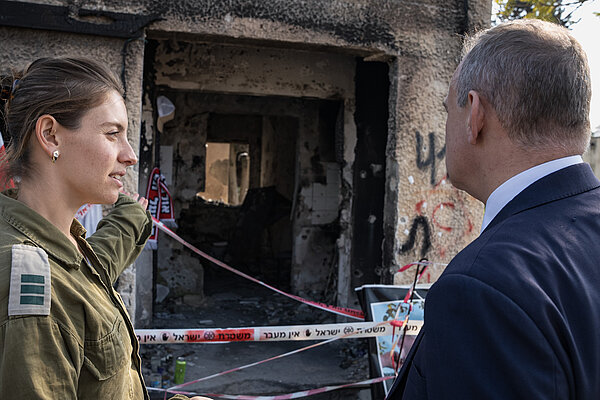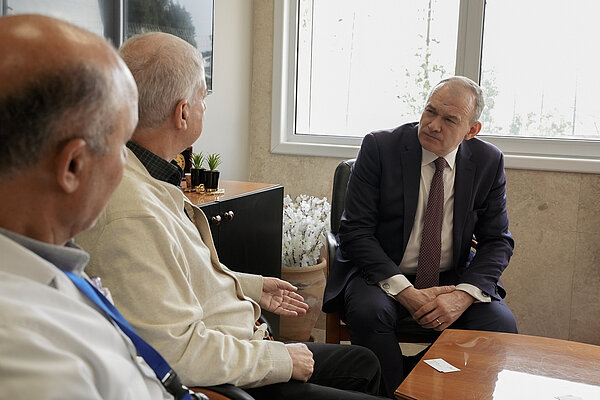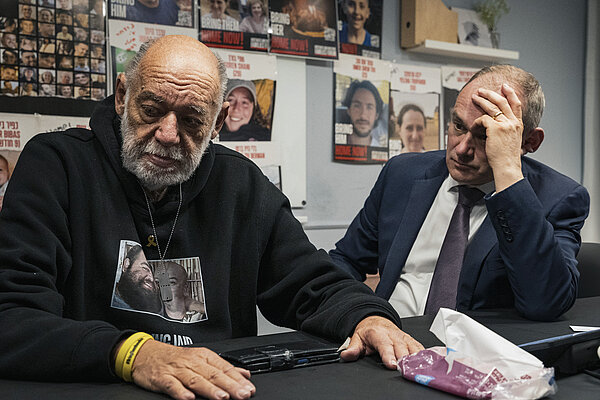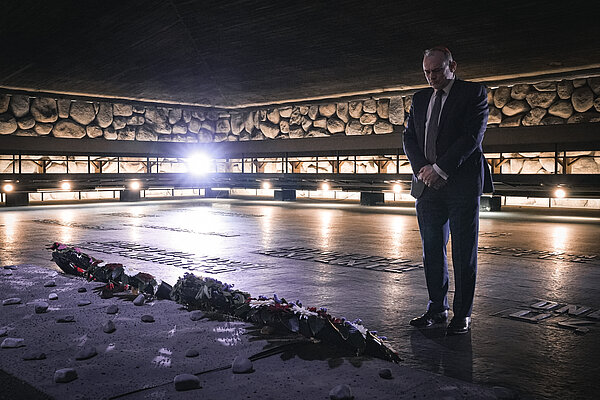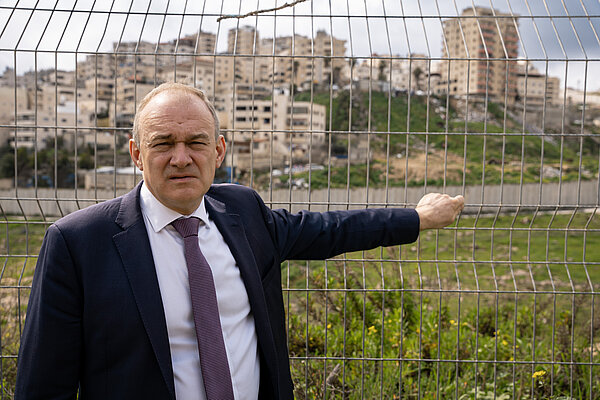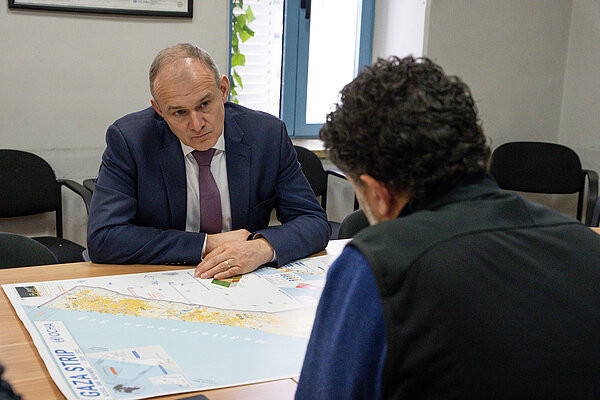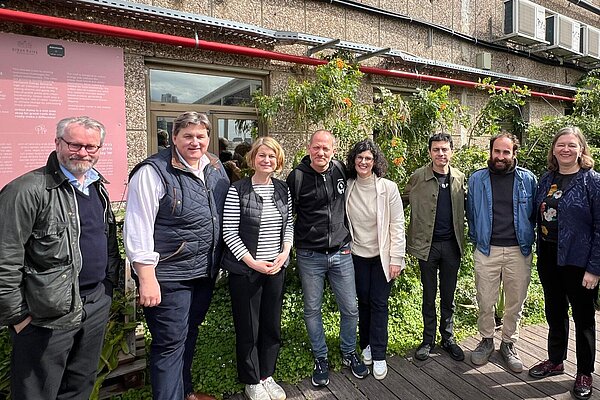Boosting Cancer Survival
One in two of us will get cancer in our lifetime and nearly every family has a cancer story: dealing with diagnosis, struggling through treatment, supporting loved ones, losing a loved one, fearing that cancer may come back. And cancer isn’t just physical – it’s impacts can reach into every part of our lives.
At our 2023 Autumn Conference, Ed Davey shared his story.
There is good news: Twice as many people survive cancer today compared to the 1970s. More than a million lives have been saved from cancer across the UK since the 1980s thanks to progress made in prevention, diagnosis and treatment.However, there is still huge room for improvement.
Targets for starting cancer treatment have not been met since 2015. The current Conservative Government broke its promise to produce a 10 year cancer plan that would have made a real difference to patients. Cancer should be a top priority for any Government but far too many patients have been let down and forgotten.
Last year, nearly 100,000 patients in England waited longer than the NHS target of 62 days to start cancer treatment. These failures have an impact – every four-week delay to starting cancer treatment is associated with a 10% decrease in survival. And now the UK ranks one of the lowest globally for five-year survival for the less survivable cancers.
We can and must do better. Cancer should be a top priority for any Government. All cancer patients in the UK should be confident that they will receive the best treatment for them quickly. The UK should be a global leader in cancer research and outcomes
That’s why, today, Liberal Democrats have passed new policy with a comprehensive plan aimed at boosting cancer survival rates and improving the quality of life for patients and their families:
- Two-month cancer treatment guarantee. A new target for 100% of patients to start treatment for cancer within 62 days from urgent referral, with this right written into law. Currently this is only a government pledge, and 40% of patients wait longer than 62 days.
- Boost access to radiotherapy. Replace ageing radiotherapy machines and increase their number, as well as widening access so that no one has to travel too far for treatment.
- Halve the time for new treatments to reach patients. It takes an average of 11 months for a new medicine or medical technology to be approved and available to patients in England, compared to just 4 months in Germany. We will expand the MHRA’s capacity to speed up that process.
- Pass a Cancer Survival Research Act. New legislation modelled on the US law signed by President Obama in 2013. It would require the Government to coordinate and ensure funding for research into the cancers with the lowest survival rates, including lung, liver, brain and pancreatic cancer.
- Save the National Cancer Research Institute. The Government is presiding over the closure of the National Cancer Research Institute, which was established in 2001 and plays a vital role in coordinating cancer research, due to uncertainty over research funding. Its closure has been described by one oncology professor as like “turning off air traffic control and hoping the planes will be fine”.
Improve support for patients and their families. Recruit more cancer nurses so that every patient has a dedicated specialist supporting them throughout their treatment. Ensure patients and their families are given information about charities, patient support groups and financial support at every key stage: referral, diagnosis and starting treatment.
Our plan is a commitment to patients and their families, ensuring they have the support and resources needed to navigate the complexities of cancer treatment. By investing in research, improving access to care, and prioritising patient well-being, we aim to transform the landscape of cancer care in the UK.
Back Our Cancer Care Plan
Ed Davey has announced a new five-year plan to boost cancer survival rates.
Go to Source
Author:
